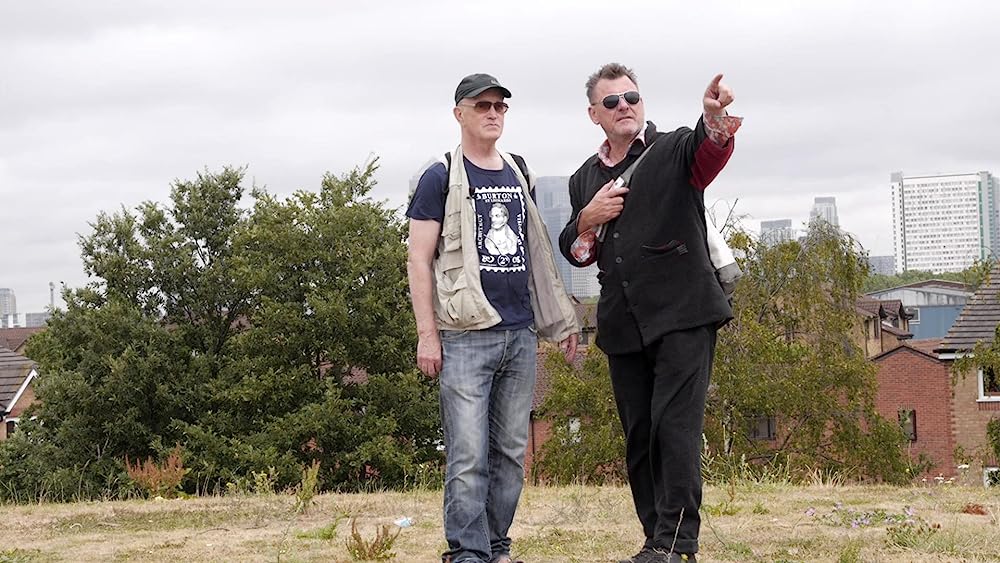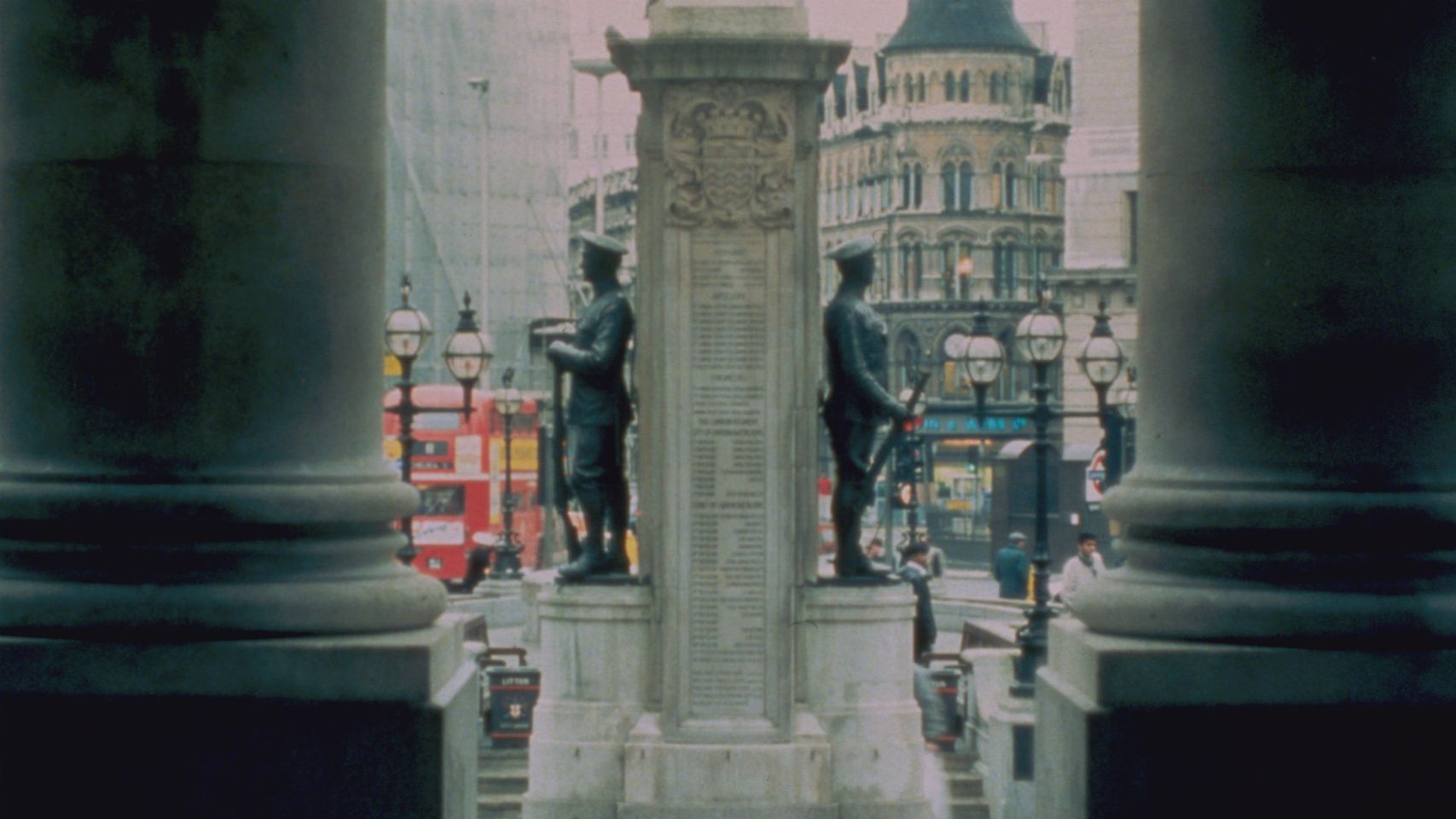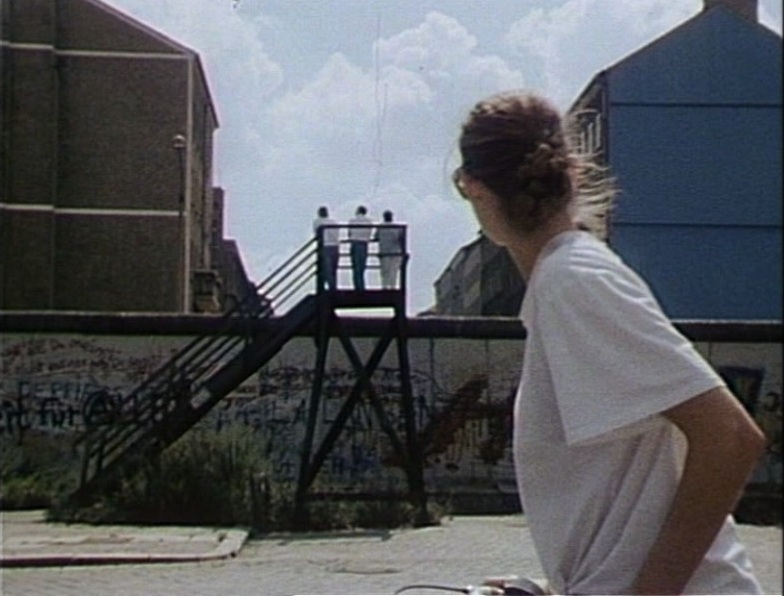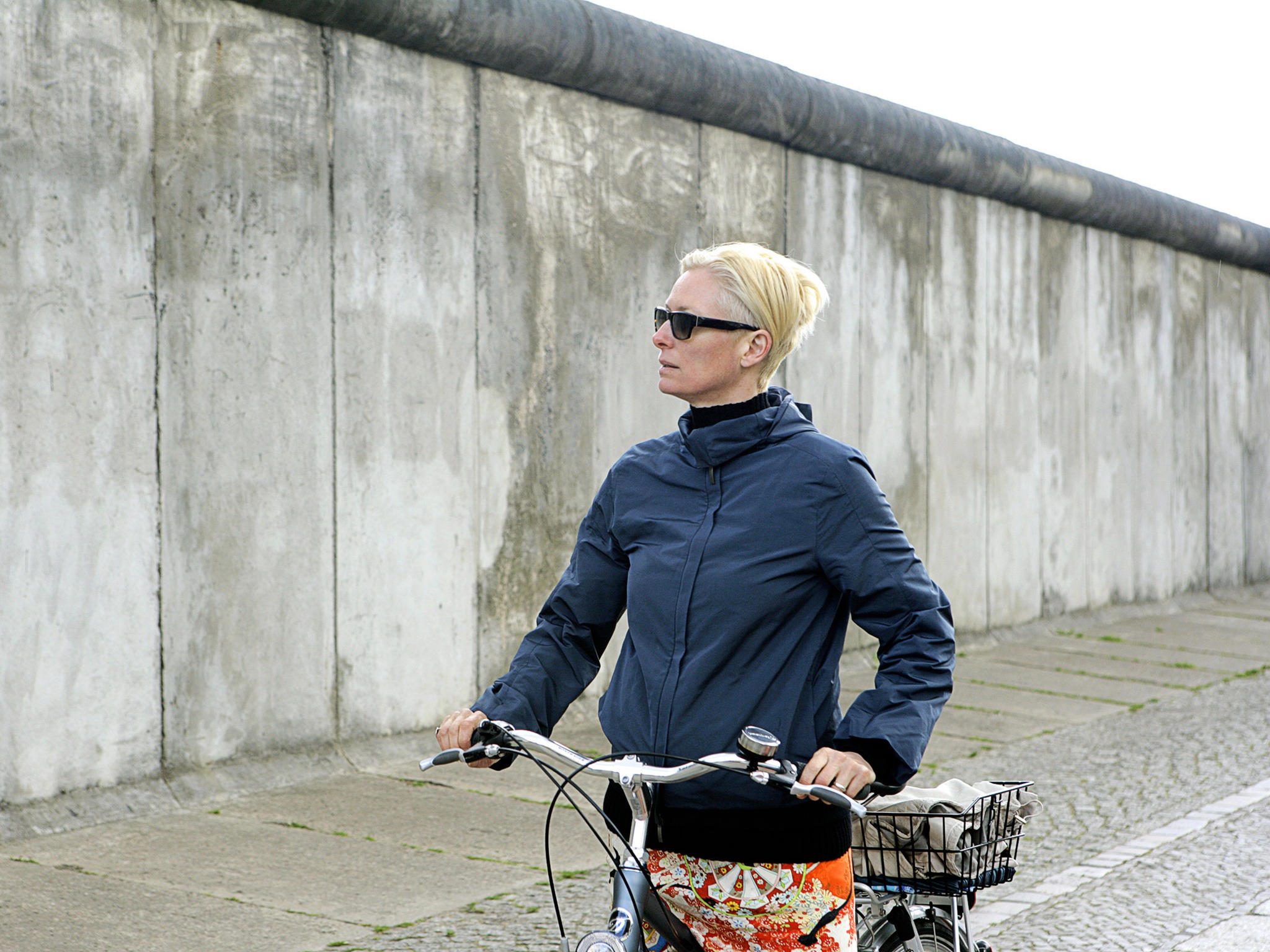
Psychogeography has usually been more associated with literature than with cinema. A pastime that was taken up more seriously after the war, it is associated with surrealism and playfulness, bringing together emotional and physical engagement with the ground and the paths it comes across. A psychogeography meander – derive, as it is referred to in French – is one that is led by ideas, rather than a map. It is an activity that redefines spaces based on what is seen and felt – a random exploration. If previously we looked at city divisions through economics, here we go deeper into the divides by way of emotion and atmosphere.
Political perspectives of psychogeography can be traced to the ideas of a group known as Situationists International (SI) that formed in the early 1950s around a Marxist critique of ever-expanding capitalism (theories comparable to Landscape Theory seen in chapter 1). The ideas were in line with existential dialectical materialism in their reflection of the here and now, and erasure of nostalgia and memory. Psychogeography was the more playful, artistic activities of the group.
British psychogeography, in the context of this programme, refers to the more political aspects of the quotidian act of walking and thinking, as it comes from these specifically British thinkers and filmmakers. The first two films are exemplary of British cinema depicting this practice: The first is by Iain Sinclair who is among the leading writers of this school. The second film is by visual artist and filmmaker Patrick Keiller, who has become synonymous with the re-imagined view of London. In his films, he subverts images of place by narrating them with a fictional redefinition, similar to how one would with a genuine observation, giving new meaning to a landscape. The third film, although with a British director and starring a British actor, focuses entirely on the areas surrounding the Berlin Wall. Challenging author and professor of psychogeography Will Self’s idea that men are more suited to psychogeography than women, Cynthia Beatt and Tilda Swinton’s deeply explorative diptych, in thought and geography, Cycling the Frame and The Invisible Frame sit as visionary examples of this genre of writing, cinema and practice.
London Overground (2016)
50’ min| UK| English
Director: John Rogers
Iain Sinclair, arguably London’s most relevant writer on contemporary London, is at the heart of this film. The film itself, directed by John Rogers, is based on Sinclair’s 2015 book of the same name. The film, similarly, to the book, asks what the building of the London Overground did to East London, where it serves. Mirroring the book, the film documents the 35-kilometre walk made by Sinclair and Andrew Kötting, another urban explorer and filmmaker, around the neighbourhoods of London now connected by the overground tramway. The documentary – a combination of poem, essay and ethnography – is narrated by Sinclair and Kötting as they make their way through their daylong journey. Musings, poetry, interviews with lawyers, memories of buildings now destroyed to make room for this orbital, and histories – both personal and objective are the strings that braid the narration together. The Overground brought London’s mini villages together, creating gaps elsewhere, marginalising families, erasing communities and reinvigorating the sounds and smells of gentrification. We see, hear and feel our way through a London so vast in space and time, there is no better person to lead it that Iain Sinclair – master walker himself, and documentarian of East London’s emerging sprawl.
London (1994)
85’ min| UK| English
Director: Patrick Keiller
Patrick Keiller weaves real histories and a fantastical diary of events, inspired by the landscapes of an ever-changing metropolis that is full of political angst and cultural movement – London. The film is filled with humour brought on by its contradictory elements. In this example of psychogeography on film, the audience witnesses an anti-colonial British image of home and London through the images of its antithesis: broken, rusted, graffitied and dull. The narrator speaks a certain kind of truth, more important than the reality we witness, bringing you an image of a society in malaise, impoverished and abandoned.
Read this interview with Patrick Keiller, online at: https://www.theguardian.com/film/2012/nov/30/patrick-keiller-london-original-interview
Cycling the Frame (1988)
27’ min| UK & Germany| English
Director: Cynthia Beatt
In 1988, actor Tilda Swinton cycles around the Berlin Wall, accompanied by director Cynthia Beatt. Starting at the centre point of Berlin, she roams around lakes, countryside and inner-city areas poetising the aggression of the wall and its effect on nature and people.
The Invisible Frame (2009)
59’ min| UK &Germany| English
Director: Cynthia Beatt
Cynthia Beatt and Tilda Swinton return twenty-one years later to revisit the changes that occurred two decades after the wall’s fall – but it is the things that have stayed the same that are more interesting.
REFERENCES AND FURTHER READING: BRITISH PSYCHOGEOGRAPHY
• https://www.theguardian.com/cities/2016/jul/29/female-flaneur-women-reclaim-streets
• Pyschogeography: Will Self and Iain Sinclair in conversation with Kevin Jackson (transcript), online at: http://literarylondon.org/the-literary-london-journal/archive-of-the-literary-london-journal/issue-6-1/psychogeography-will-self-and-iain-sinclair-in-conversation-with-kevin-jackson/
• Pschogeography: A Purposeful Drift Through the City, online at: https://thereader.mitpress.mit.edu/psychogeography-a-purposeful-drift-through-the-city/



